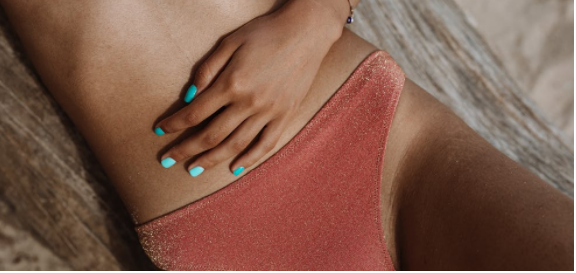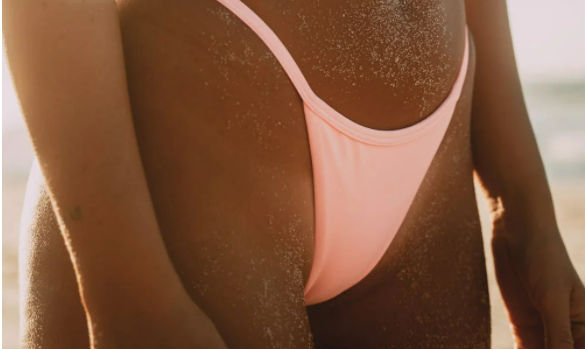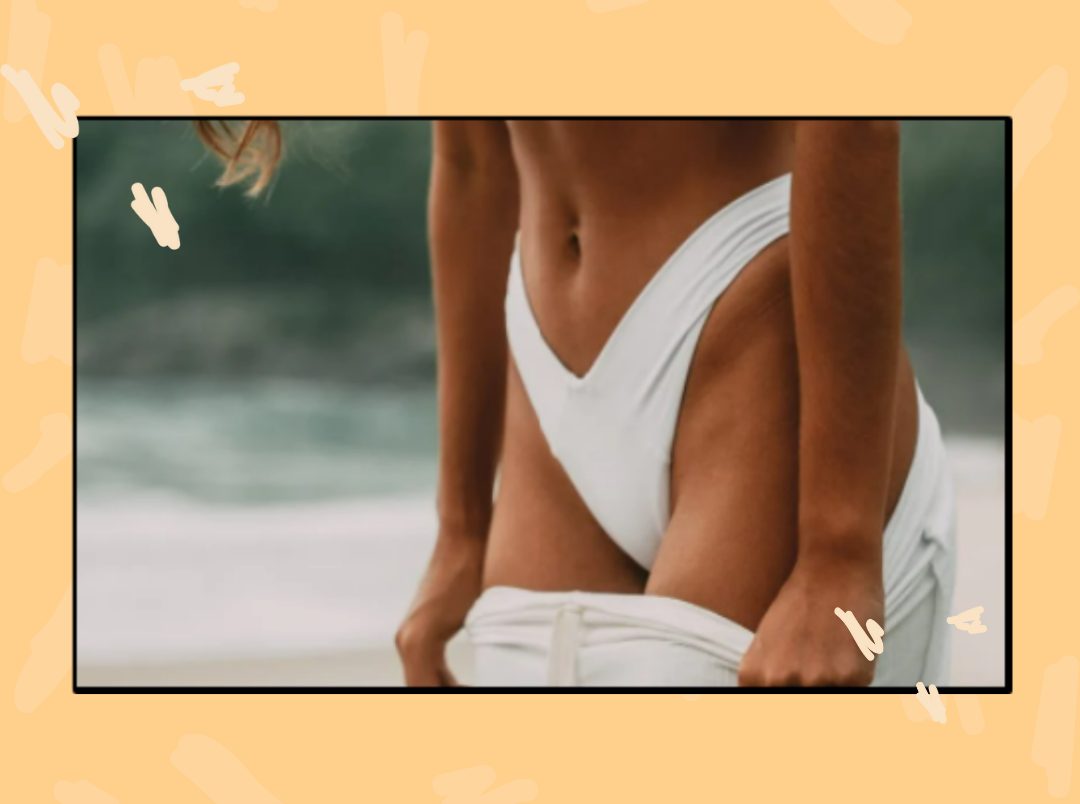Do yourself a favour and grab a handheld mirror and take a good look at your undercarriage. It’s good practice to know your vulvar landscape and get acquainted with what all the bumps and lumps that might be popping up in your genital area.
While you’ve probably spotted a zit somewhere other than your face (hello, bacne) have you ever seen one near your groin area? Yes, this is actually possible because just like other parts of the body, the vulva has dermatologic processes too. Sometimes, this happens along the bikini line, other times, pores on your vulva can become clogged, causing blackheads and acne. So, how do you tell what lumps, spots, and bumps are serious and what aren’t? We spoke to Dr Hitasha Patil, from Kaya Skin Clinics to clear out all your doubts.
How To Deal With Acne On The Vulva
What Are They?
Vulva acne is just like any other acne, anywhere else in the body. It can be brown or reddish-brown in colour. It can be pus-filled, inflamed, and painful. The primary causes of vulva pimples include congestion and inflammation of pilosebaceous units in the area.
How To Deal With Acne On The Vulva?
Acne on the vulva is more common than you think. If you are dealing with acne in this area, wear undergarments that have breathable material like cotton, opt for loose clothing, do not pop acne, use warm water and gentle soap to clean the area. Keep in mind to avoid hygiene washes as they might distort the pH level in this area.

What Causes Acne Down There?
There are many causes of acne in the vulva region. Some people observe exacerbation of acne during a certain period of time and then it automatically subsides, this might be unique to the individual. The most common cause is the accumulation of sweat and friction in the area for a prolonged time. Another common cause is shaving or waxing in the area with no proper aftercare, it is a good window for the bacteria to enter and lodge itself in the skin causing acne. Usage of pads for a long time without a change can also lead to this type of acne. Harsh hygiene washes, use of powders, or even perfumes meant for the area can irritate the skin and cause acne.
What Are The Kind Of Breakouts That Occur In That Area?
There are different kinds of breakouts that can occur around the vulva. The most common is folliculitis, which is a pus-filled, painful reddish coloured lesion. This can be caused due to shaving, waxing, tight clothing, etc. It can also lead to irritant dermatitis, which is an allergic reaction after the application of creams, washes, or perfumes which did not suit your skin. Another condition is the Molluscum contagiosum, these are white dome-shaped lesions, which do not itch and require medical help.
How Are They Treated?
To treat breakouts in the vulva region, it’s important to maintain good hygiene practices. Wear loose clothes, wear undergarments made of cotton fabric or breathable material. Wash the area only with warm water and mild soap. Avoid hygiene washes, or any other creams or perfumes. Opt for trimming the hair in the vaginal area rather than waxing or shaving. If the lesions do not decrease in number consult your dermatologist as soon as possible.
How To Prevent Pimples On Your Groin Area?
Wear loose-fitting clothes, change your gym wear as soon as possible, avoid constant friction in the area, and decrease the frequency of shaving and waxing in the groin area. Maintain good hygiene and if the acne is painful, you can use a hot compress to soothe it.

Things To Avoid When You See A Pimple In That Area?
The first and the most important thing to keep in mind is to not pop the pimple. Do not constantly touch it, as it will manipulate the acne and it can become larger in size and more inflamed. Do not douche. Do not use hygiene washes as they might irritate the pH level in the genital area. Avoid self-medicating or applying creams or gels without a doctor’s prescription.
Does It Require A Doctor’s Visit?
If your acne is not reducing in size within 2-3 weeks, you should see a doctor. If the acne is large, pus-filled, and painful, you should consult a doctor.
Just remember, acne down there is pretty common but it’s important to get it looked at if it persists.
Featured Image: Pexels



